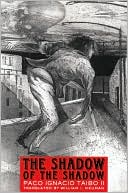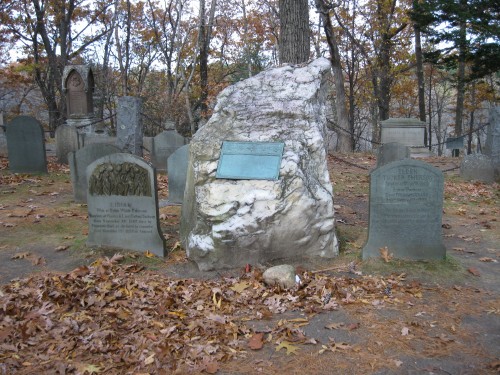A friend of mind lent me C.J. Box’s mystery/crime novel Out of Range, and it was perfect for what I needed — something entertaining. It’s not a great book, but it’s good enough to provide some hours of fun.
Out of Range is part of Box’s Joe Pickett series. Pickett is a game warden in Wyoming, a profession that’s pretty well suited to the mystery/crime genre, as there are all sorts of people he runs into and places where he travels as part of the job. He’s responsible for patrolling his district, making sure that hunters, hikers, and anyone else out on the land are following the rules. He has to deal with a whole range of people, including many who do not see the point of his job, philosophically and politically-speaking, and who are ready to make sure he knows it. He also has to deal with tensions in the office and with the local sheriff, and since he’s frequently away from home for days at a time, his wife isn’t particularly happy with him either. It’s not an easy job, but he loves it because of the freedom and independence it gives him. He’s pretty much in charge of his district on all his own, and he gets to decide how he’s going to spend his time and how he will run things.
This particular novel takes Pickett out of his own district and moves him to the much bigger, more complicated district of Jackson Hole, where the previous game warden has just committed suicide. Pickett is the temporary replacement, and he is interested in the opportunity because he and his wife may want to move there permanently. This is a chance to see how such a move might go. But as you might expect, things get really complicated really quickly: Pickett meets environmental protesters, hostile hunters, and a land developer who wants to start a community based on the “Good Meat Movement.” The idea of this movement is that people will live among the animals that will later appear on their tables, so that they know the source of their food. This developer, it turns out, has all the required permissions for the new development lined up, except that of the local game warden. He’s ready to put great pressure on Pickett to provide that final approval.
What I particularly liked about the book is the way Box deals with issues of food sources and land use. The “Good Meat Movement” sounds good in a lot of ways — we are so disconnected from our food sources in the west that it is a healthy thing to know exactly what it means to eat meat — but there is something not quite right in the way the developer wants to fence in land for wild animals in order to create a paradise for rich people. And then there are tensions between environmentalists, some of whom are militant in their views and willing to take action, and hunters want to be left alone in the wild landscape, and who resent any intrusions, whether from animal-rights activists or government employees. There are so many ways to use the miles and miles of open country that Wyoming is blessed with, and the state, as big as it is, doesn’t seem big enough to hold everyone.
I don’t think this is a great book — I didn’t always love the writing and I thought his women characters were too stereotypical — but it’s still a good read, particularly if you like the crime genre and would like to read about the American west. It’s entertaining, with some good ideas to think about, and that’s a combination I like.

 My mystery book group met this past Saturday to discuss Paco Ignacio Taibo II’s novel The Shadow of the Shadow, which was published in 1986 in Mexico. The discussion was lively, as usual, and opinions were mixed. Mine was one of the more positive views of the book; we’ve started rating our books on a scale of 1 to 10 after we finish the discussion, just for the fun of it, and I gave this one a 7 (and a couple others agreed). To me that meant that the book was a very enjoyable read, but that it didn’t blow me away or leave me determined to read lots of books by this author.
My mystery book group met this past Saturday to discuss Paco Ignacio Taibo II’s novel The Shadow of the Shadow, which was published in 1986 in Mexico. The discussion was lively, as usual, and opinions were mixed. Mine was one of the more positive views of the book; we’ve started rating our books on a scale of 1 to 10 after we finish the discussion, just for the fun of it, and I gave this one a 7 (and a couple others agreed). To me that meant that the book was a very enjoyable read, but that it didn’t blow me away or leave me determined to read lots of books by this author.






